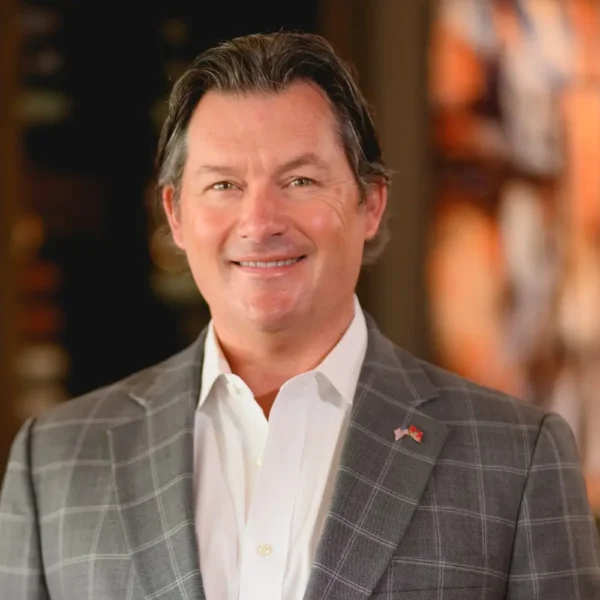“Excuse me, where’s the restroom?”

In Patrick Lencioni’s “The Ideal Team Player,” he boils down the traits we should be seeking in employees to hungry, humble, and smart. They are each important when assessing an individual, but humility is vital when assessing a team and its leaders.
Here’s a visual for you: imagine 5 of the smartest and most driven people you know of and put them all in the same room. Now imagine that those 5 people all believe they are truly the smartest person in the room. Now just imagine that each of these 5 view themselves as superior to the others in the room. These are people who lack humility, and they are toxic no matter how smart or driven they are. Would you want to join that team?
It’s Science
To be clear, it’s natural that we size up ourselves versus others (research the Neuroscience SCARF Model). Biologically, assessing our own “status” versus that of another is common everywhere in the animal kingdom (to include humans). While most animals display physical dominance and intimidation to determine status, humans like to verbalize our superficial rationalizations – otherwise known as self-importance.
This attempt to establish oneself as a higher status than others was on full display at a recent college football pep rally. In a now viral video, one of the “leaders” remarked to the crowd that their opponents are “hillbillies” who can’t read the names on their own jerseys. While this was clearly a poor attempt at bad humor, it was also an excellent example of how we like to size up ourselves against others to feel better about us – aka, the “I’m better than you” mentality.
Now, the purpose of this article is not to dogpile the one who was making the remarks – after all, no one should be judged in totality for an isolated moment of stupidity in our college days. Rather, this example highlights how intellectual gifts, personal achievements, and fortune (of any kind) do not establish one’s superiority over another. If this was the case, the underdog hillbillies would not have won the game.
We all do It
I had the honor of working at the White House in 2000 and 2001 as a Presidential Social Aide (I like to tell people I was a glorified potted plant) for President’s Clinton and Bush. It was very interesting to interact with the unique groups of visitors. In common, they hosted many heads of state and other leaders of the free world, as well as many influential people throughout the world. Unique to them, Mr Clinton liked to host Hollywood while Mr Bush loves his baseball.
Aside from the fact that every “group” contained really good people in addition to some serious turds, here’s what I learned about every person who came to visit the White House: at some point, they asked, “Excuse me, where is the restroom?”
At the end of the day, there is not one person who can rise above this one act, solidifying us all as humans prone to our moments. Not one of us will get out of here alive, and what should be most humbling is that we’re all a bad break away from a bankruptcy, or an accident away from losing our physical or intellectual gifts.
The Takeaway
When the fragility of success and “status” is lost on a leader – when they feel a superiority to others – they cease to become a leader regardless of their position, title, accumulation of wealth, or any other arbitrary measurement of success.
Don’t be “that” one.
The world needs more leadership. Be a leader. Be humble.
